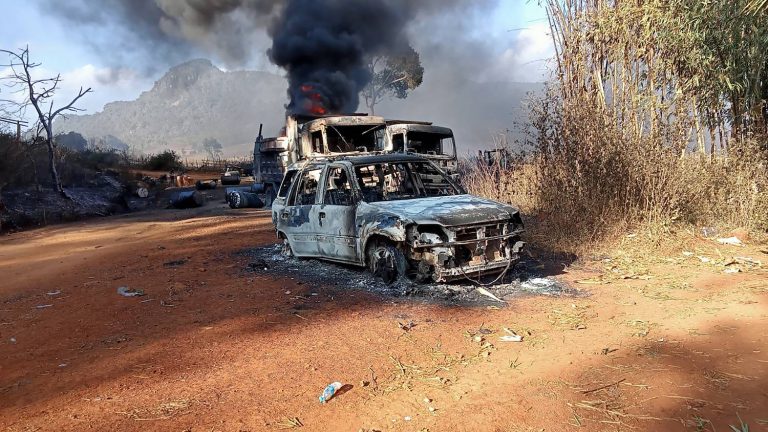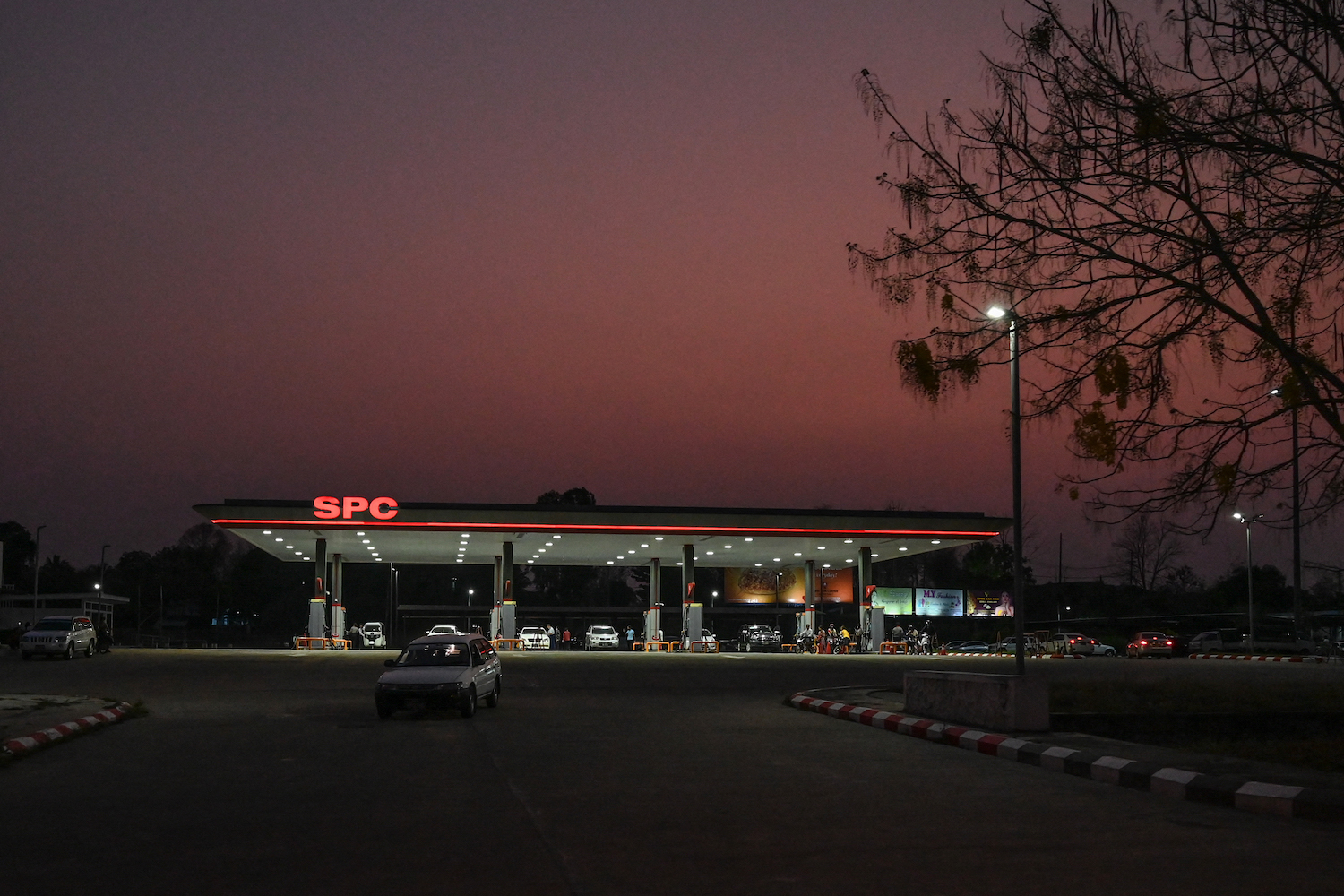YANGON — Get with the program – or else. That’s the warning Yangon Region Chief Minister U Phyo Min Thein has sent bus owners, who he says are undermining his efforts to reform the bus network.
In January, the regional government launched the Yangon Bus Service, abolishing the former regulator, removing old buses from service, consolidating lines and changing the fare system.
But YBS has been beset by problems, including crowded vehicles and longer commute times. Many passengers complain that they have to wait a long time for buses and when they arrive at the stop they are already full.
Phyo Min Thein called a rare press conference on Friday – one month after YBS was launched – to discuss the challenges and restate the government’s vision for the bus system.
He said YBS would result in a few “big, private companies” rather than the decentralised ownership system of the past, where there were hundreds of individual owners, some running as few as two or three buses.
Support more independent journalism like this. Sign up to be a Frontier member.
“There are problems because individual vehicles owners don’t want to use this [private company] system. They complain that they’re losing their money,” he said.
“I’m here to inform you – drivers, conductors and owners – that you have to come along with the new system for the sake of people. If you can’t, you might be left behind.”
He dismissed criticism that the regional government was ill-equipped to manage the reforms.
“Some people claimed that the Yangon government can’t do these things and that we did not plan it properly,” he said. “We are not reinventing the wheel here – other countries have already used similar bus systems for many years.”
Phyo Min Thein said “big changes” would begin in April, when the regional government’s budget for 2017-18 kicks in. The chief minister has previously committed to allocating funds for buying new buses and helping to meet the shortfall in vehicles.
YBS has 79 lines – down from more than 300 previously – with more than 3,500 buses. The region government plans to have around 4,500 running in the future, but Phyo Min Thein declined to speculate on how long it would take to reach this figure.
“We haven’t achieved our goal yet,” he said.






